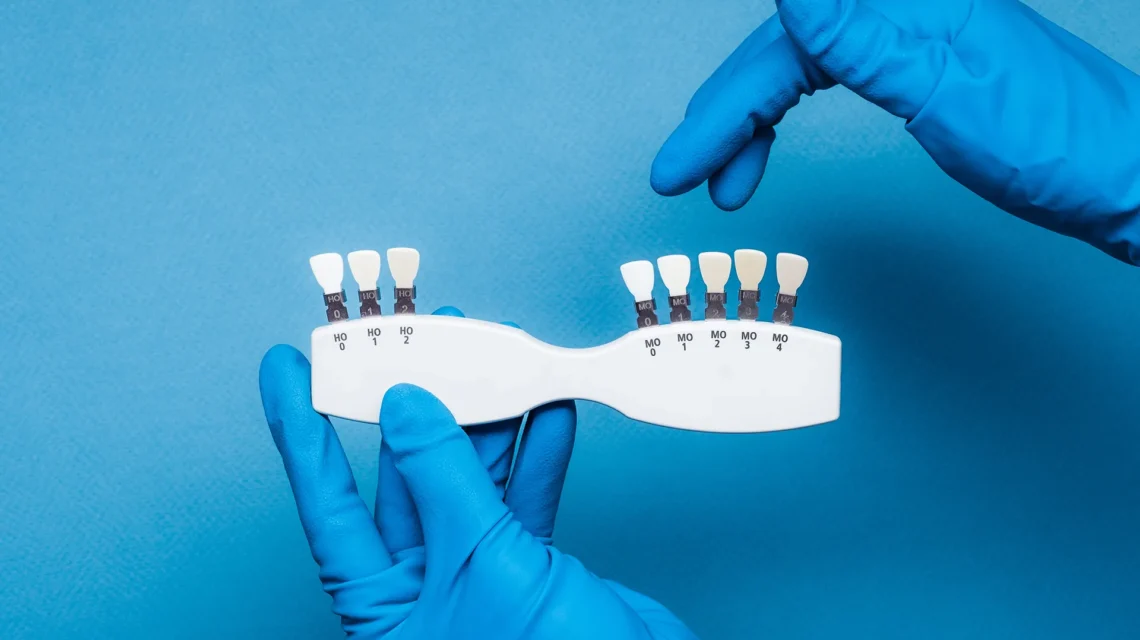Have you considered dental implants as an answer to missing teeth, or simply wondered, “How do dental implants work?” You’re not the only one - around 3 million people in the US have received brand new pearly whites, fully customized to match their smiles as of 2022. And just like them, you can take the first step by joining us as we dive into dental implant types, and how they’re used in the mouth to replace your teeth.
What Dental Implant Types Are Available?
There are 4 main dental implant types, each designed to address specific needs.
1. Endosteal Implants
These are the most common type, consisting of screw-like titanium posts that are surgically inserted directly into the jawbone. They’re ideal for patients with healthy bone density, although those with insufficient density may require bone grafting.
2. Subperiosteal Implants
These are placed under the gum tissue but above the jawbone. They feature a metal framework with posts that protrude through the gums, making them suitable for patients who have insufficient bone height and prefer to avoid bone grafting.
3. Mini Dental Implants (MDIs)
These have a smaller diameter, typically less than 3 mm, and are less invasive to place. They’re often used to stabilize lower dentures, providing a quicker and less invasive solution for some patients.
4. Zygomatic Implants
Unique in that these are anchored in the cheekbone (zygoma) and are used for patients with severe bone loss in the upper jaw, as they avoid the need for extensive bone grafting.
How Do Dental Implants Work?
To get a good idea about how dental implants work, let’s briefly break down the step-by-step placement process.
1. Evaluation and Planning.
A thorough examination, including dental X-rays, is conducted to assess bone density, structure, and overall oral health. A customized treatment plan is then developed.
2. Implant Placement.
The titanium post is surgically inserted into the jawbone and covered with gum tissue. Local anesthesia is used to ensure comfort during the procedure, and sedation options are available for those who need it.
3. Osseointegration (Fusing Process).
This is one of the most critical phases, where the implant fuses with the jawbone over several months, creating a strong foundation for the replacement tooth. The success of fusion depends on bone quality, implant stability, and overall health.
4. Abutment Attachment:
A small connector piece (abutment) is attached to the implant to support the crown. A healing cap may be placed to allow the gums to heal around the abutment.
5. Crown Placement.
A custom-made crown is created that matches your surrounding teeth and is securely attached to the abutment, completing the restoration.
How Dental Implants Are Used - From Single Tooth to Full Arches
On top of there being different dental implant types, these devices can be placed into the mouth for restorative purposes, including:
1. Single Tooth Replacement: This involves placing a single implant to replace one missing tooth, preserving the integrity of adjacent teeth.
2. Multiple Tooth Replacement: Multiple implants can be placed to support several missing teeth, offering a stable and natural-looking solution.
3. Full Arch Restoration (All-on-4): Four strategically placed implants support an entire arch of teeth, reducing the need for bone grafting.
4. Immediate Load Implants: Also known as "same-day implants," this protocol allows for a temporary crown on the same day as the implant surgery.
Is Dental Implant Surgery Right for You?
Dental implants offer durability, a natural look and feel, bone preservation, and improved quality of life. However, they may not suit everyone. You’re a great candidate if you’re in good overall health, and have healthy gums and sufficient bone density. For more information, see our FAQs on our dental implants page.
"Many patients find that dental implants significantly improve their quality of life, allowing them to enjoy their favorite foods and activities without worry."
Start Your Journey To A Confident Smile
At Family Implant and Cosmetic Dentistry, our experienced team is dedicated to providing exceptional dental care that’s tailored to you. Schedule an appointment today to explore the possibilities of dental implants - a healthy, beautiful smile is within reach.





